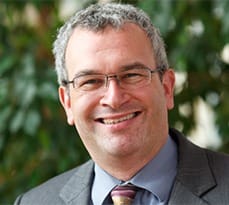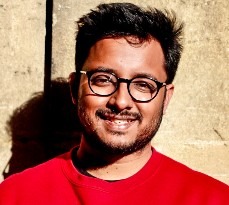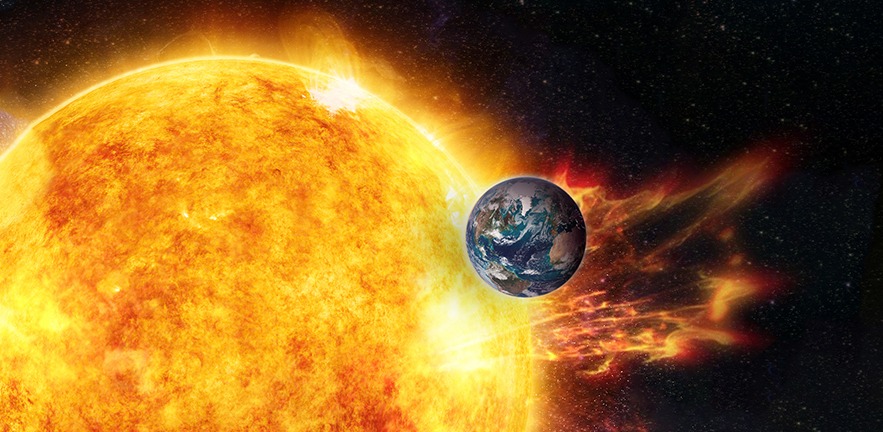
Geoengineering techniques to alter climate through technology such as solar radiation management (SRM) are seen by some as having potential to limit global warming. But there has been public opposition to SRM, a hypothetical solution in which some sunlight is reflected back into space, perhaps through cirrus cloud thinning or spraying aerosols into the stratosphere.
Part of that opposition is “spillover” from other conspiracy theories and that has hampered research into this area, says a new study co-authored by researchers at Cambridge Judge Business School and other academics in Germany, Denmark, the US and the UK.
More than 800,000 tweets were given a toxicity score

The study entitled “Conspiracy spillovers and geoengineering” in the journal iScience looked at more than 800,000 tweets between 2009 and 2021 tagged with #geoengineering, and each tweet was given a “toxicity score”. The researchers found that negative emotions expressed about geoengineering often have a “contagion effect, transcending regional boundaries and engaging with wider conspiracies”.
This in turn has a knock-on effect for funding available on engineering research, as funders shy away because the research is too controversial, says first author Dr Ramit Debnath, Cambridge Zero Fellow at the University of Cambridge and Research Associate at the Energy Policy Research Group based at Cambridge Judge Business School.
How conspiracy theories complicate an already contentious issue
Adds study co-author David Reiner, Professor of Technology Policy at Cambridge Judge: “There are legitimate concerns over geoengineering such as the potential to undermine traditional approaches like reducing emissions or expanding removals of greenhouse gases. Thus, the introduction of conspiracy theories and misinformation complicates an already contentious discussion over geoengineering.”
The study’s analysis found that conspiracy theories regarding “chemtrails” (whereby airplanes allegedly spray poison or modify weather through contrails) particularly influence public perceptions about solar geoengineering.
Chemtrails tweets have no borders
“The chemtrail conspiracy theory is particularly popular among conspiracy theorists based in the United States, and our analysis found that tweets about chemtrails are the common link between geoengineering and conspiracies,” said Ramit Debnath. “Most of these tweets are sent by American users, but they spill over across regional and national boundaries.”
The study concludes: “The strong connection to conspiracy theories and the presence of audiences that share this misinformation (i.e. causing a spillover) is extremely salient, as it shows that apparent connections to diverse conspiracy groups actively influence knowledge of solar geoengineering. This bodes ill for future research because one cannot easily refute beliefs and the feelings that such misinformation campaigns perpetuate. “The risk of conspiracy spillovers also raises concerns over inferring public attitudes from social media interactions, given that they appear to be so prone to manipulation, toxicity, or false information. This could have a grave consequence for solar geoengineering research and governance since it can increase the public’s and policymakers’ scepticism and impede their ability to judge and act objectively.”
The study
The study – entitled “Conspiracy spillovers and geoengineering” – is co-authored by Ramit Debnath, David M. Reiner, Benjamin K. Sovacool, Finn Müller-Hansen, Tim Repke, R. Michael Alvarez and Shaun D. Fitzgerald.


